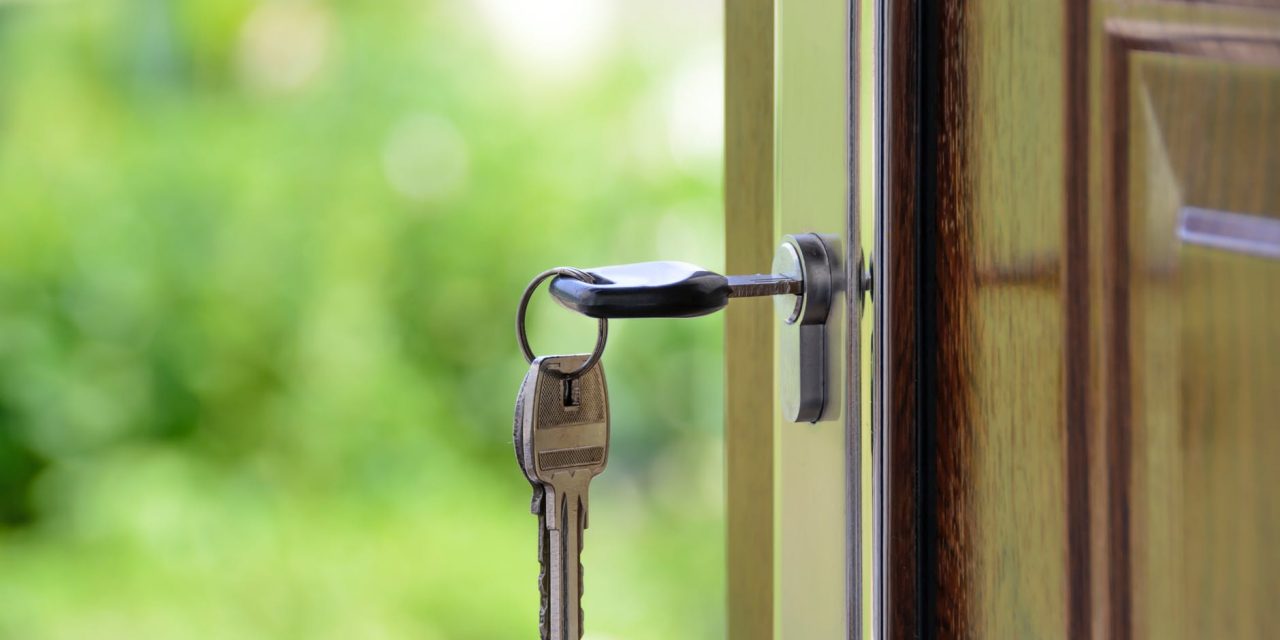You’re a champ, first and foremost, for saving all that money for years for a deposit and you’re now ready to buy. The journey continues, however, and you need to negotiate various challenges which stand in your way to securing those keys.
You’re going to have to do your best to avoid being gazumped or having your property undervalued by your lender, not to mention finding a good conveyancing solicitor to sort out the legals.
This article gives you some insider tips of what you can do to be in control and less stressed when navigating through your conveyancing process.
- Ensure yours Is the best offer
Bear in mind that with demand for housing far outstripping supply, you’re normally having to compete with maybe 20 or 30 other hopefuls to get an offer accepted.
You should ask yourself, what is a seller looking for? More often than not, a quick and simple sale, and a buyer that has the funds in place to move. So, if you’re actually planning to move into a new home soon, get your mortgage in principle sorted at the very least. You have an option of getting around the vicinity to find local advice for mortgages. Else, you could consider exploring established housing finance providers. Of course, you should instruct a conveyancing solicitor as well, so your vendor knows you’re good to go, committed and serious.
- Research property prices fully
This is all about the actual bid you put in. You’re on shifting sands here because although there’s so many online resources to gauge the value of property prices in an area, prices change very rapidly.
The best advice is to look for properties that have sold in the local area to your property to make sure that what you are offering is not too high. You can check sold house prices on Rightmove, Zoopla and the UK House Price Index.
Bear in mind also that for some considerable time, most properties (at least 70%) are sold for below the asking price.
After you have determined the property’s value, you can seek out different mortgage rates for home purchases (wholesale mortgage rates, for example) to get a low-interest rate and long repayment schedule. You can also ask your mortgage lender if what you are paying is reasonable.
If the bank feels the property is not worth what you are looking to pay for it then you’ll be left having to either make up the difference yourself (which is unlikely you’ll have the spare money to do this), or to renegotiate with the seller.
- Choose a conveyancing solicitor who’s communicative and responsive!
You’ll want an experienced solicitor to guide you through your conveyancing solicitor but the best ones keep you in touch with what’s going on, answer your calls and respond to your queries.
You can check a solicitor firm’s Google reviews online as well as taking the traditional approach of getting recommendations or from friends and family. Bear in mind, however, that if you’re asking your parents, they might not have moved for more than 10 years so the chances are that their experience is out of date.
It isn’t a bad idea to test out your prospective solicitor’s responsiveness by calling the firm’s office 2 or 3 times to see if you can actually get through.
And please, don’t jump at what immediately appears as the cheapest option. Many firms still lure people in by advertising a low estimated price but these people might baulk at the final price, when all the extras have been added.
Consider going for a fixed fee first time buyer conveyancing quote: that way, you’ll be able to budget more easily because you’ll know what balance you’ll have to pay on completion.
- Sale agreed? Book that mortgage valuation!
Once you’ve got the go ahead from having an offer accepted, don’t waste time: book your mortgage valuation is your next job. Bear in mind that you have to book it with your lender, who has to book their surveyor’s time and the surveyor needs further time to form their report after the valuation inspection and send it to the lender.
This can take 4 weeks and delaying booking the valuation only adds to the length of your conveyancing process.
You’ll also want to find out as soon as possible if your lender takes a view that your property is worth less than you’ve offered for it because this can ultimately derail everything.
- Don’t ‘cut corners’: get a home buyers survey
By getting a home buyers survey, you’re essentially getting in an expert to check for suspicions of property defects i.e. baddies such as subsidence and damp. But your RICS surveyor, who carries out the inspection and produces the report, will also be able to give you an opinion on things like how well the place is insulated and if an area needs attention before something goes wrong.
The report you’ll get is invaluable both to you and your solicitor because if signs of a problem are found, the findings can form the basis of negotiations for a selling price reduction or even make you decide to pull out. The converse is that if everything seems to be in order, you’ll have more confidence about proceeding to the exchange of contracts.
Home inspection and survey can also help you identify hidden toxins and harmful elements on the property as well as in the air. This could include mold infestation, pests, volatile organic vapors (VOCs), hazardous air pollutants, and Radon gas. These components can cause harm to your health, and in some cases, allergic reactions. So it could be better to identify these toxins and eliminate them from the property with the help of a professional. For instance, you could hire an exterminator to deal with insects, rodents, termites, etc., whereas contact a radon Testing company to detect and mitigate the release of gas on the property. These small considerations before purchasing a property could help you to live a happy and healthy life in your new home.
Finally, you should get a HomeBuyer Report if you’re buying a relatively modern place of modest size and a Building Survey for everything else.
- Don’t make yourself homeless
Sadly, this does sometimes happen.
You hand in your notice to your landlord the moment you get your offer accepted but at some point later, the purchase falls through – this can happen for any number of reasons – and you’re left homeless because you’ve had to vacate the rental.
The safe thing to do is to hand in your notice once you’ve exchanged contracts – you can always opt for a completion date after which allows for your notice period.
- No sale no fee conveyancing fees
A No Sale No Fee guarantee will protect your money in the event you are gazumped. These vary in exact nature from firm to firm however; you should ensure you read the terms and conditions involved.
- Don’t take your eye off the property market
Basically, don’t relax until you’ve exchanged contracts, which is when ‘things get real’.
Consider keeping up those viewings and looking out for properties which have just come onto the market.
That way, you won’t ‘put all your eggs in one basket’ (however tempting); it’s always good to have options in life.
By Marcus Simpson, Editor of SAM Conveyancing
- Overcoming Challenges in the Production of THC Seltzers - 10th May 2024
- The changes in dental marketing - 12th October 2022
- Online aligners or surgery based ones? - 12th October 2022








